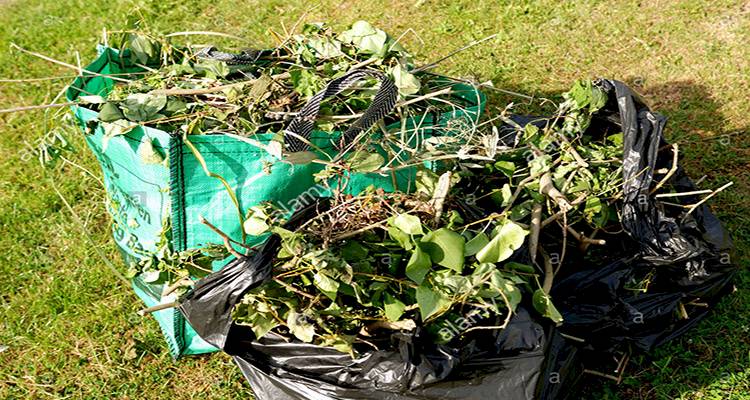Efficient Ways to Dispose of Garden Rubbish
Maintaining a clean and well-kept garden is an essential part of home care. Over time, gardens accumulate leaves, branches, grass clippings, and other organic debris. Efficient disposal of garden waste not only improves the aesthetics of your outdoor space but also ensures a healthier environment. Proper garden rubbish management can prevent pests, reduce fire hazards, and maintain the overall beauty of your property.
For homeowners looking to simplify this process, professional garden rubbish removal services provide an effective solution. These experts have the necessary tools, trucks, and knowledge to handle all types of garden waste, including bulky branches, old soil, and garden equipment. Hiring a professional service saves time and energy, allowing you to focus on gardening rather than disposal logistics.
Assessing Your Garden Waste
Before starting the disposal process, it is crucial to assess the type and volume of garden waste you have. This includes organic material such as leaves, grass clippings, branches, and shrubs, as well as non-organic items like old pots, broken tools, and plastic garden debris.
Creating a detailed list of garden rubbish helps in determining the most efficient disposal method. It also allows you to plan for recycling, composting, or donation of usable items, ensuring a responsible approach to waste management.
Sorting and Categorizing Waste
Sorting garden rubbish is the next step in efficient disposal. Items can be categorized into:
- Compostable waste: Grass clippings, leaves, and small branches that can be converted into nutrient-rich compost.
- Bulky organic waste: Large branches, shrubs, or tree trunks that require professional removal.
- Non-organic waste: Broken pots, plastic containers, and garden tools that need proper disposal.
This categorization makes the disposal process smoother and ensures that materials are directed to appropriate recycling, composting, or waste facilities.
Composting for Sustainable Disposal
Composting is one of the most environmentally friendly ways to dispose of garden waste. Organic material such as leaves, grass, and vegetable trimmings can be converted into nutrient-rich compost for your garden.
Home composting reduces the amount of waste sent to landfills and provides a sustainable solution for garden soil enrichment. It is essential to maintain the right balance of green and brown materials, and to turn the compost regularly to speed up decomposition.
Using Mulch for Garden Improvement
Chipped branches and leaves can be used as mulch to protect soil, retain moisture, and reduce weed growth. Mulching is a practical way to recycle garden waste while improving soil health.
Professional garden rubbish removal services often provide advice on which materials can be repurposed as mulch and may even offer chipping services to create garden-ready mulch efficiently.
Recycling Non-Organic Waste
Garden waste is not limited to organic material. Broken pots, plastics, and garden tools should be separated and recycled where possible. Many local recycling centers accept garden plastics and metals, ensuring responsible disposal.
Proper recycling reduces landfill waste and promotes environmental sustainability. Professional removal services can handle this aspect, ensuring that recyclable items are correctly processed.
Safe Handling of Hazardous Materials
Some garden waste may include hazardous items such as pesticides, fertilizers, or treated wood. These materials require careful handling and proper disposal to avoid environmental contamination and personal injury.
Professional services are trained to identify and safely remove hazardous garden waste, adhering to local regulations and environmental guidelines.
Scheduling Regular Garden Cleanups
Consistent garden maintenance prevents excessive accumulation of rubbish and simplifies the disposal process. Establishing a schedule for garden cleaning and waste removal ensures that debris does not become overwhelming.
Regular cleanups also improve garden health, reduce pest infestations, and maintain an attractive outdoor environment throughout the year.
Conclusion
Efficient garden rubbish disposal requires careful planning, sorting, and sustainable practices. By assessing garden waste, composting organic material, recycling non-organic items, and safely handling hazardous materials, homeowners can maintain a clean and healthy garden environment.
Engaging professional garden rubbish removal services further streamlines the process, saving time and ensuring that waste is managed responsibly. With the right strategies and support, disposing of garden rubbish becomes a manageable, environmentally friendly task that enhances the beauty and functionality of your outdoor space.






